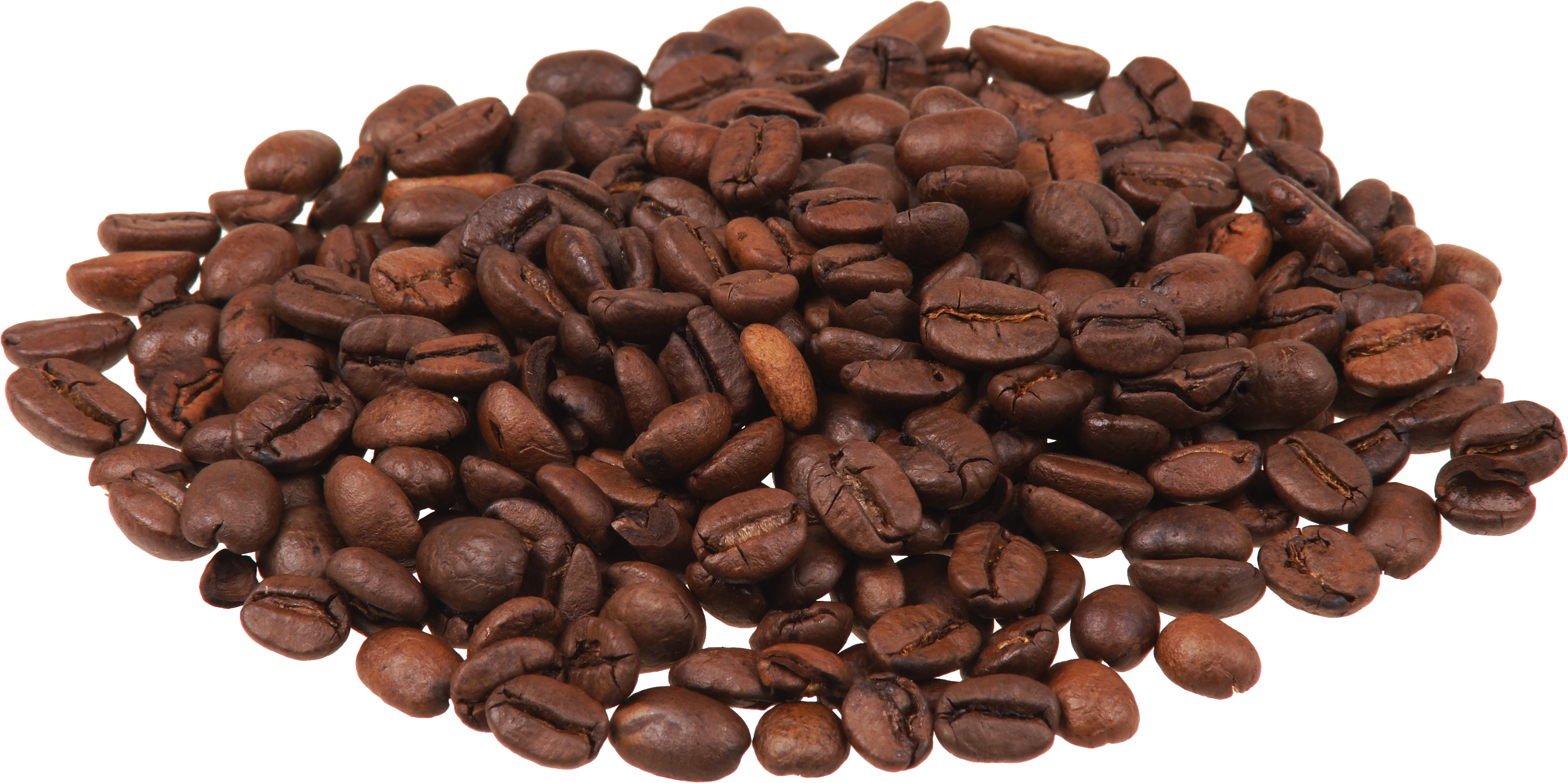What Does "A Beginner's Guide to Roasting Your Own Coffee Beans at Home" Mean?

Coffee is one of the most prominent cocktails in the world, took pleasure in by thousands of folks every day. Whether it's a early morning pick-me-up or an after-dinner surprise, coffee is a staple in numerous homes. But have you ever thought about where coffee grains happen from and how they came to be such an essential component of our daily lives? In Source , we'll take a appeal at the history of coffee beans, from their beginnings in Ethiopia to your early morning mug.
Beginnings in Ethiopia
According to legend, coffee was first found out through a goat herder called Kaldi in Ethiopia around 800 AD. Kaldi saw that his goats became even more energised after eating the berries coming from a specific plant. Curious concerning their effects, he attempted them himself and experienced a identical improvement of power. The plant was inevitably determined as the Coffea arabica plant, which creates the bulk of high-quality coffee grains today.
Disperse to Arabia
From Ethiopia, coffee farming spread out throughout Arabia and began to be traded as early as the 15th century. Yemen ended up being one of the primary centers for coffee production and profession during the course of this time. Arab investors would roast and boil coffee beans in to a beverage that was enjoyed for its stimulating results.

Intro to Europe
The very first European conflict along with coffee developed when Venetian vendors took it back coming from Constantinople (modern-day Istanbul) in the very early 16th century. The beverage rapidly got appeal one of Italian bests prior to spreading out throughout Europe over the upcoming handful of centuries.
Emigration and Growth
Coffee cultivation broadened throughout several colonies under European command in the course of the 17th and 18th centuries. Dutch investors launched coffee to Indonesia in the late 1600s, while French homesteaders brought it to Martinique and other Caribbean islands in the early 1700s.
In South America, Spanish colonizers offered coffee cultivation to Colombia and Brazil in the course of the late 1700s and very early 1800s specifically. These two nations are right now one of the world's largest coffee producers.
Industrialization and Mass Production
The commercial transformation of the 19th century delivered significant adjustments to coffee creation. Improvements in transit and modern technology made it possible for for much easier business and mass creation of coffee beans. This led to a reduce in costs and an increase in access, making coffee consumption even more wide-spread.
Coffee Culture Today
Today, coffee is took pleasure in all over the world in a variety of means. Coming from espresso chances to iced lattes, there are many variants of this prominent beverage. Coffee has additionally become an integral part of numerous societies, along with cafes and shops serving as social gathering places for friends and associates.
In latest years, there has been a growing enthusiasm in lasting and fair field coffee methods. Consumers are coming to be much more aware of the impact that their purchases have on the setting and on employees' liberties. As a result, a lot of coffee firms have started to focus on reliable sourcing procedures.
Final thought
Coming from its origins in Ethiopia to its status as one of the very most eaten refreshments worldwide, the background of coffee is a interesting tale. This loved alcoholic beverage has come a long way since its exploration through a interested goat herdsman centuries ago. Today, it carries on to be enjoyed through millions around the world while going through continued progression driven through breakthroughs in innovation, consumer preferences, sustainability problems and much additional.
